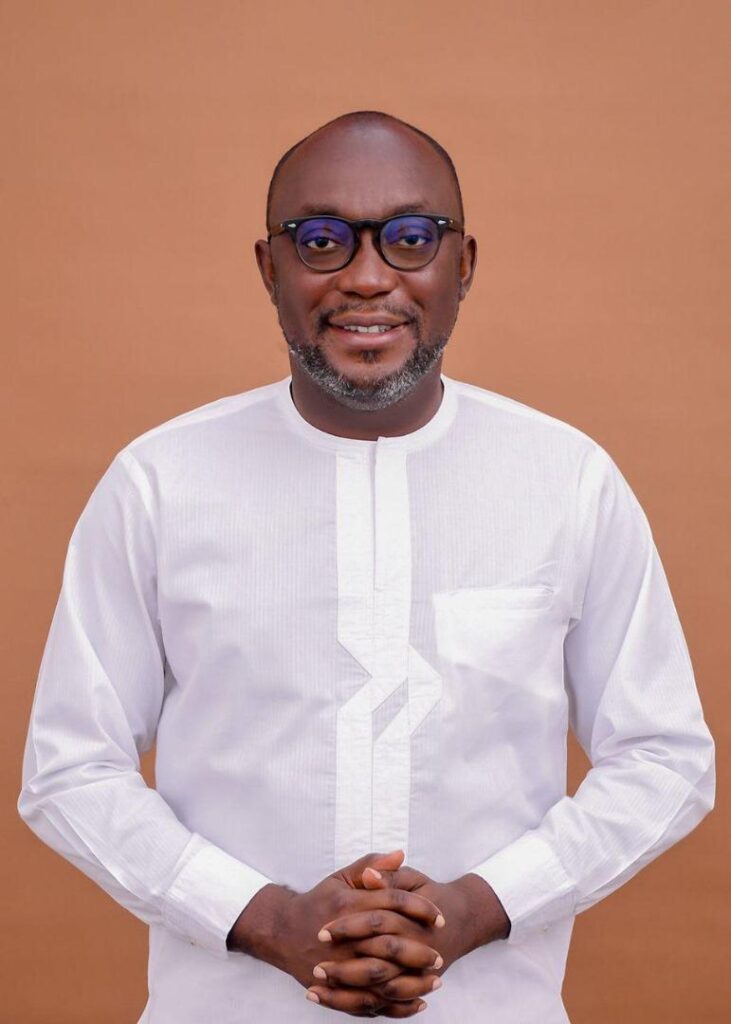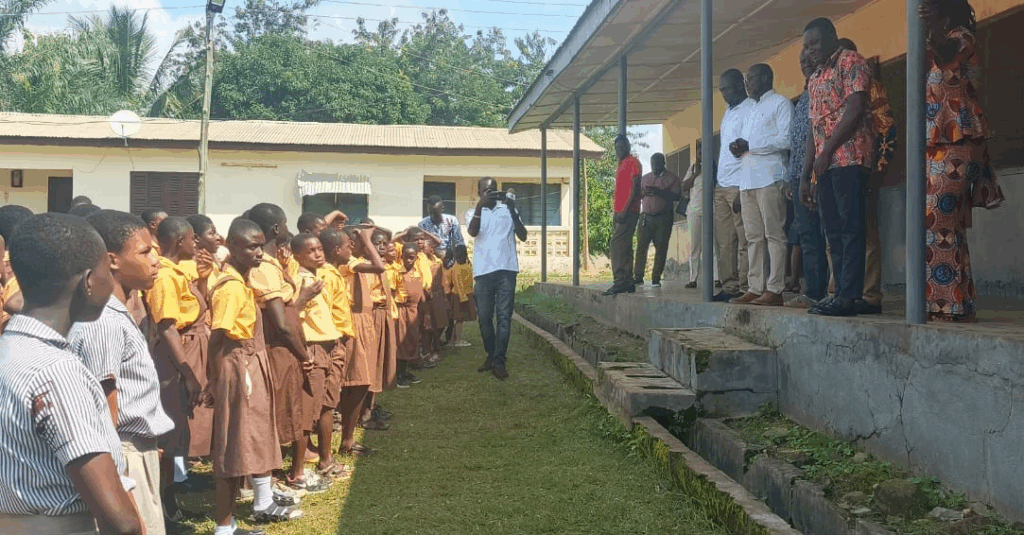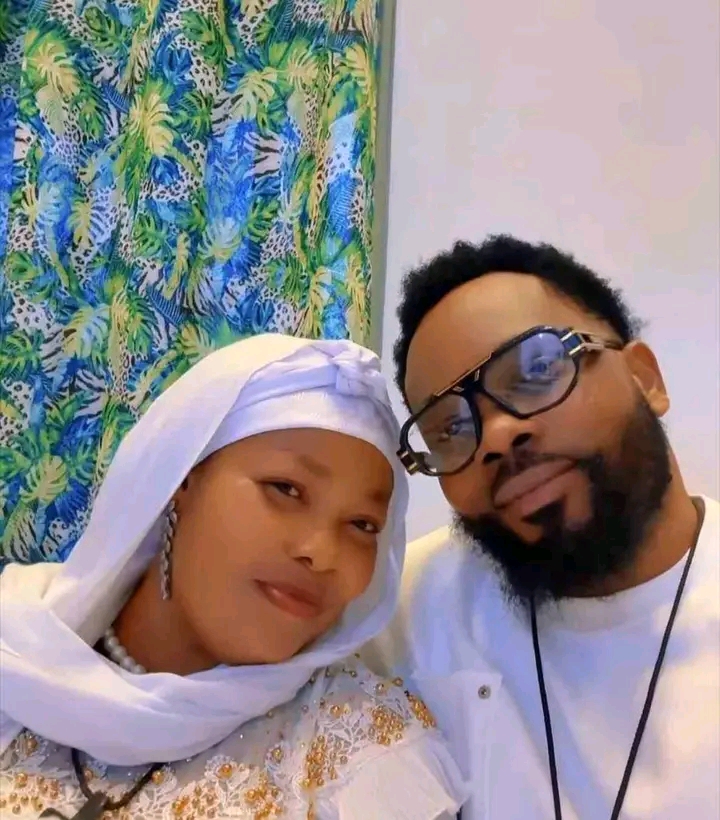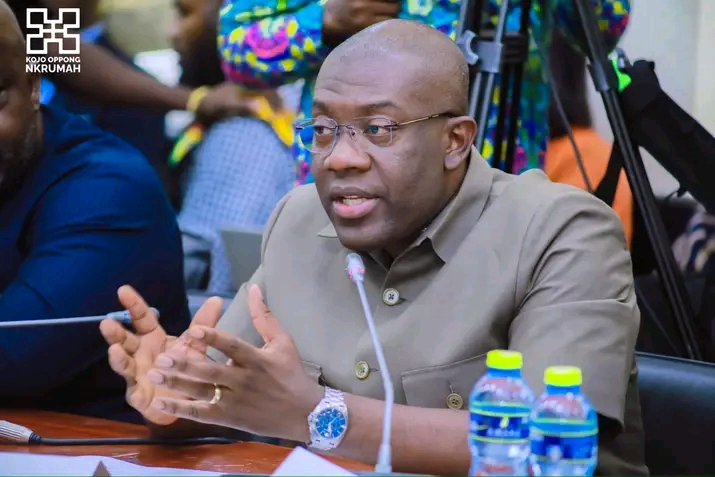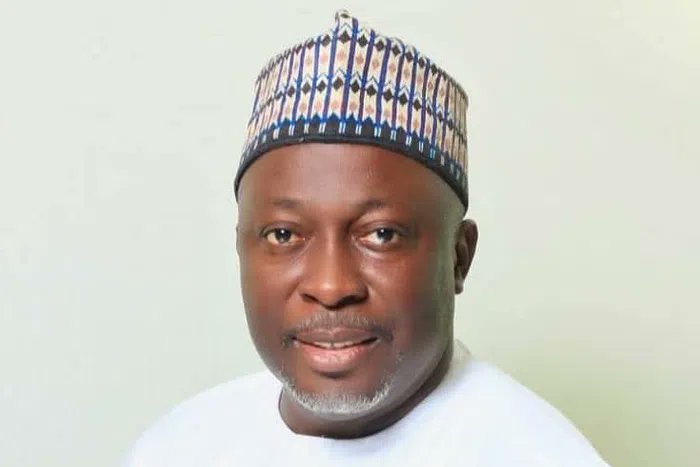Credit: Kekeli K. Blamey
The Member of Parliament for Abuakwa South, Dr. Kingsley Agyemang, has called for the establishment of a sustainable, community-driven support system to address the longstanding resource challenges facing special needs education in Ghana.
Dr. Agyemang made the remarks during a presentation ceremony at the Kibi School for the Deaf in the Eastern Region, where he donated GH¢45,200 to cover the school’s meal expenses through the end of the academic term. The intervention followed an emergency appeal from the school, which had faced critical food shortages due to delays in government subventions.
Highlighting the urgency of the situation and the limitations of relying solely on public funding, Dr. Agyemang proposed a collaborative approach involving religious institutions, market groups, and civic organizations.
“Government cannot do it alone,” he noted. “With over 200 churches and 20 mosques in this municipality, even modest, regular contributions from these institutions could significantly improve the lives of children with special needs.”
To operationalize this vision, Dr. Agyemang announced plans to initiate a structured “community dialogue” aimed at establishing a transparent, accountable framework through which local stakeholders can provide consistent financial and material support to special needs schools.
The Headmaster of the Kibi School for the Deaf, Mr. Kumah Cephas, welcomed the initiative and commended the MP for his unwavering support. He also highlighted the school’s recent academic achievements, including reaching the quarterfinals of a regional science and mathematics quiz competition.
Municipal Director of Education, Mrs. Comfort Ofori Appiah, also endorsed the proposal, describing it as a timely and pragmatic solution to systemic challenges such as inadequate infrastructure, limited teaching materials, and the lack of teacher accommodation in special education facilities.
The initiative aligns with Ghana’s commitment to Sustainable Development Goal 4, which emphasizes inclusive and equitable quality education for all. Dr. Agyemang’s call for a faith- and community-based support model has the potential to serve as a scalable blueprint for other districts, bridging critical funding gaps and reinforcing local ownership of inclusive education.
